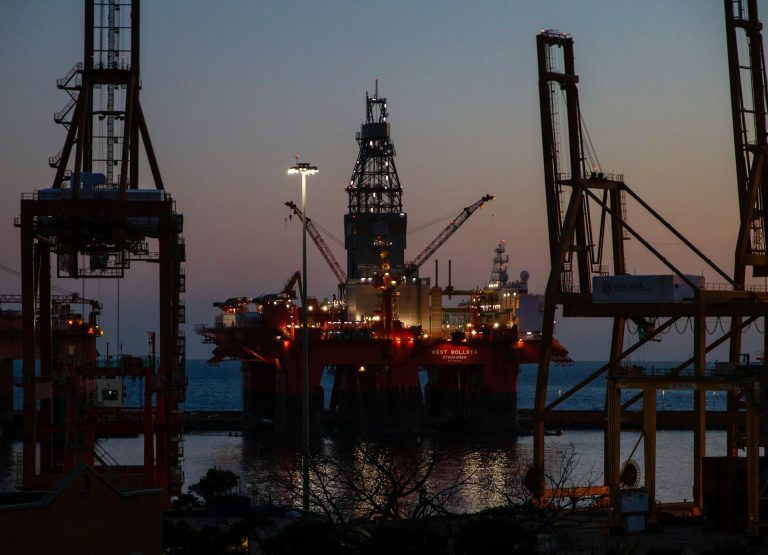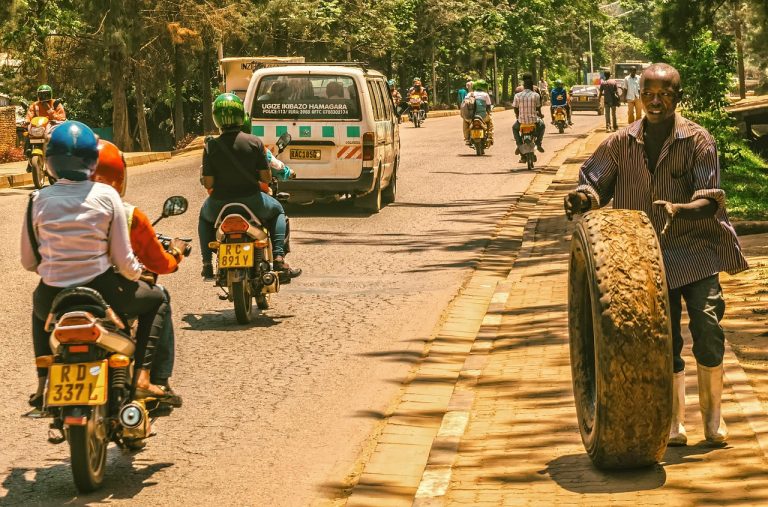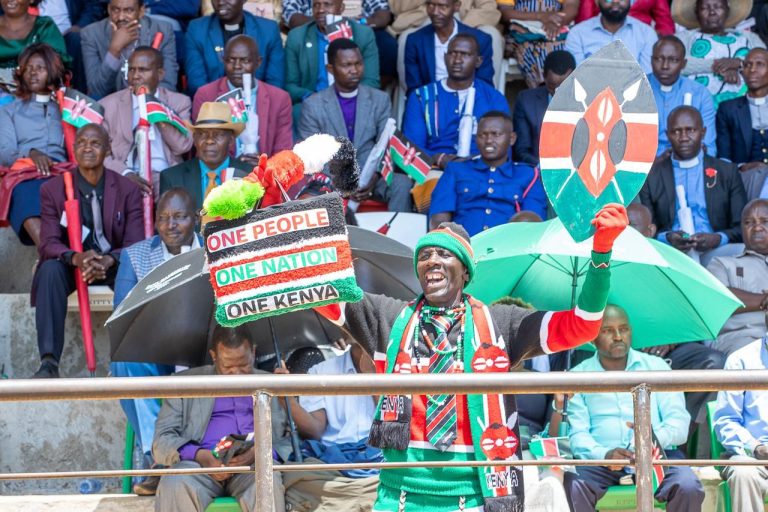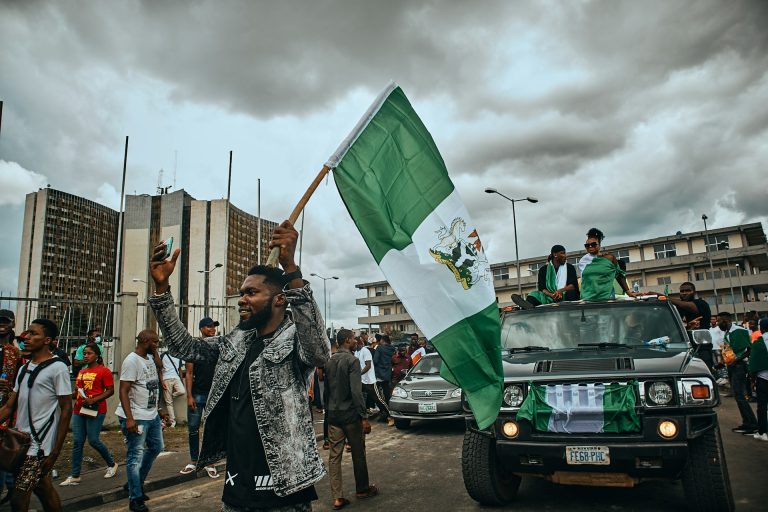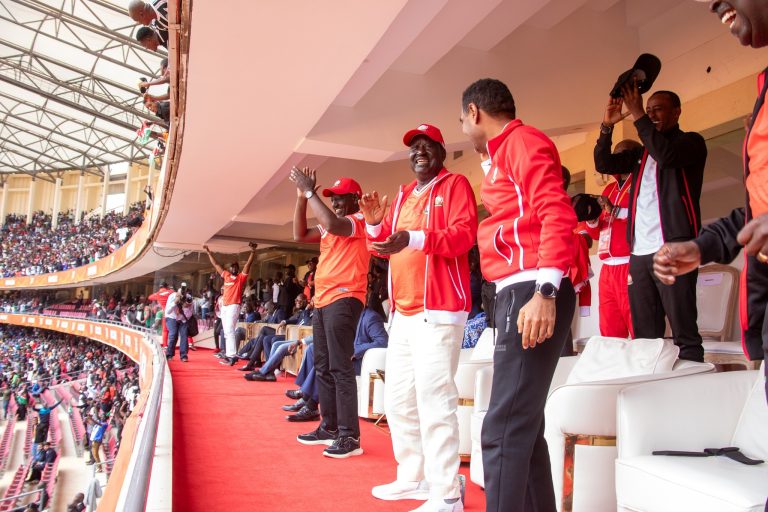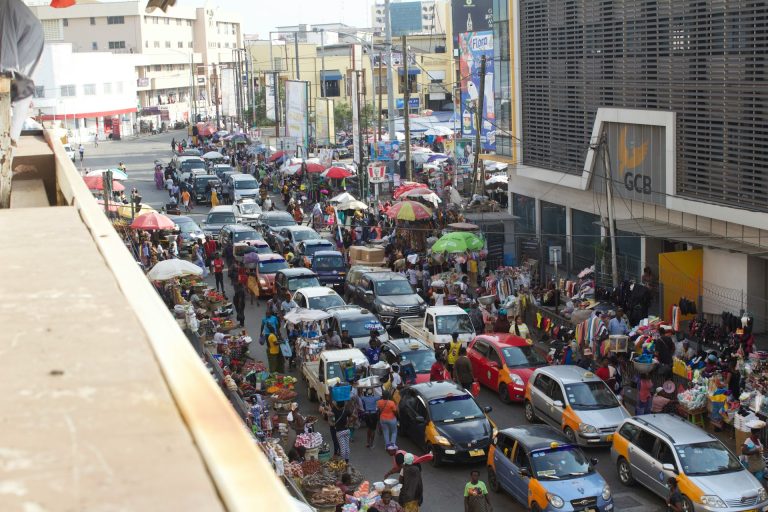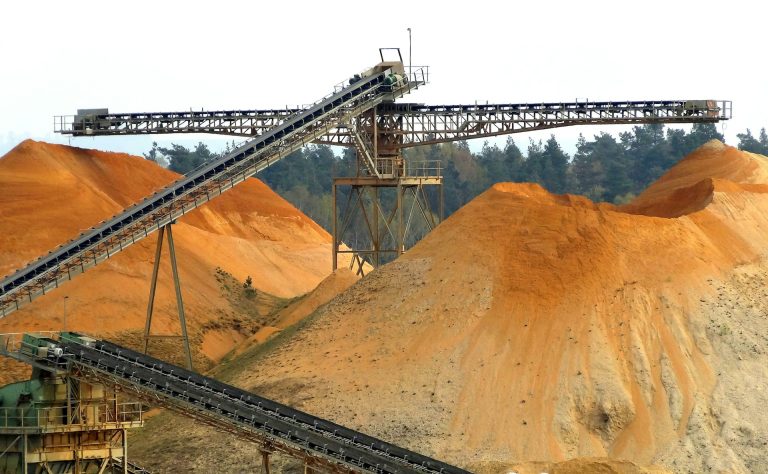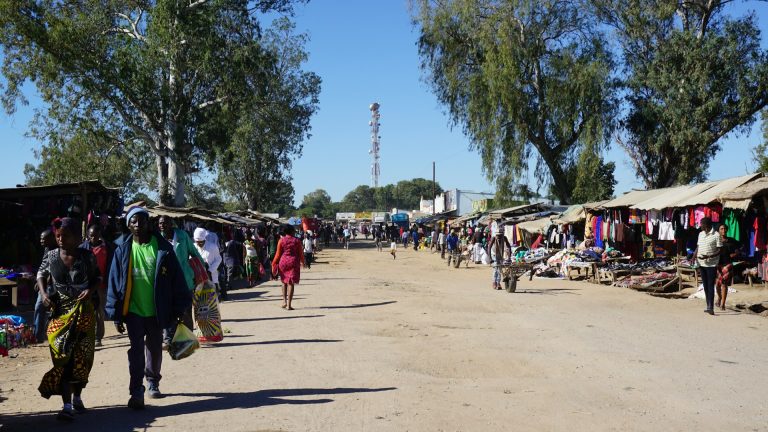Africa holds vast critical minerals but stays trapped in debt. As South Africa hosts the G20 Summit, leaders demand a new mineral deal on their own terms.
When G20 leaders gather in Johannesburg this weekend, Africa will not just host the summit – it will test a new bargaining chip: its critical minerals.
From cobalt in the Democratic Republic of Congo to manganese in South Africa and Ghana, the continent controls a huge share of the metals that power electric cars, batteries and solar plants. Sub-Saharan Africa holds about 30% of proven global critical mineral reserves, according to the IMF, yet remains locked in costly debt and low-value exports.
This article is free to read.
Sign up for free or sign in to continue reading.
Unlike our competitors, we don't force you to pay to read the news but we do need your email address to make your experience better.
Create your free account or sign in


